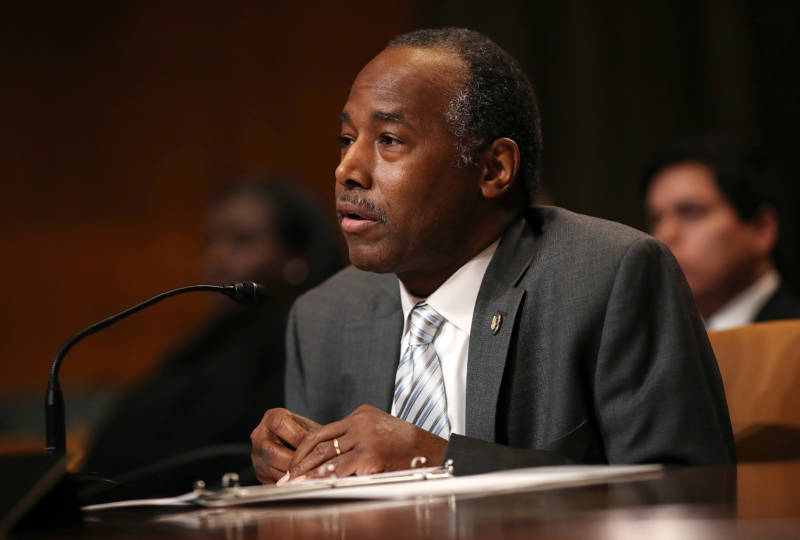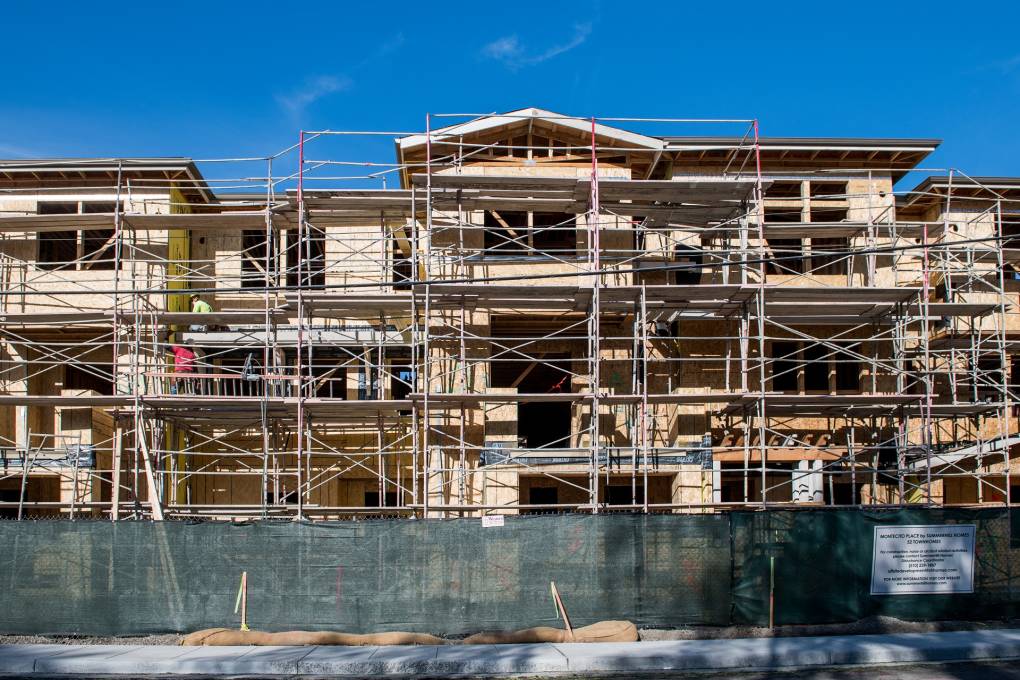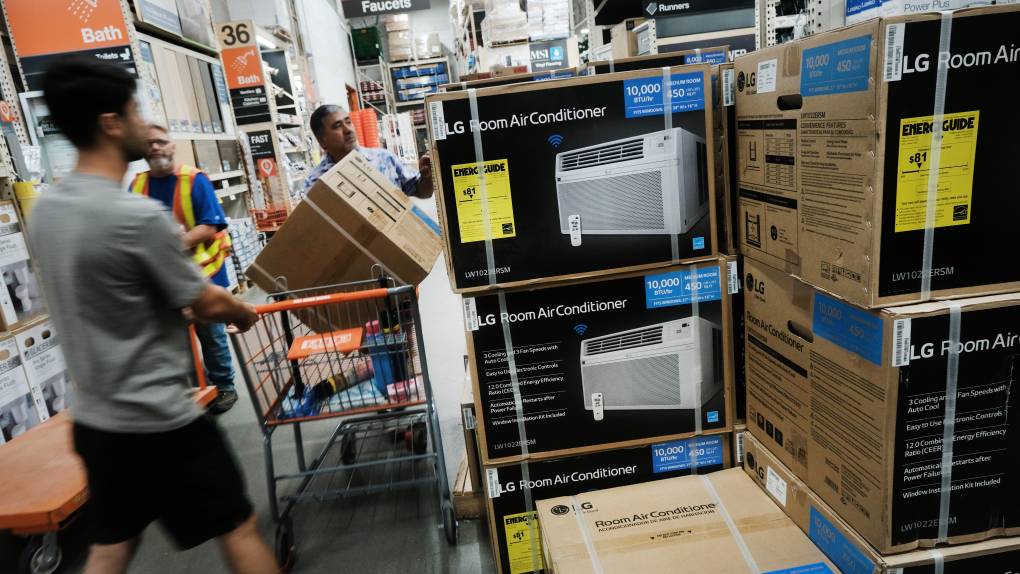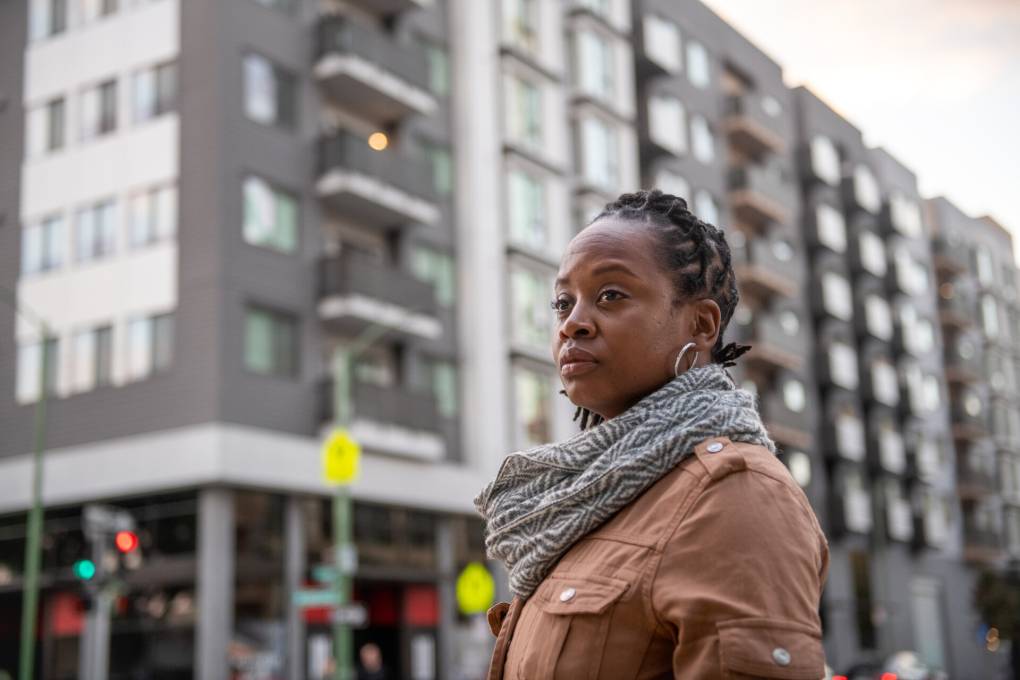But Harasz said the new rule would do virtually nothing to shorten housing waitlists, while causing a huge amount of distress for mixed-status households.
Of the approximately 15,800 households in Santa Clara County that her agency serves, fewer than 125 are considered mixed status, she said.
“This rule kind of supports a perception that’s really not grounded in reality, and that is that undocumented immigrants are being served or somehow on the federal welfare system, and it’s simply not true,” she said. Her primary concern, she added, is that many legal residents in need of housing may completely avoid the program out of fear that they would be separated from their undocumented relatives.
Eric Johnson, executive director of the Oakland Housing Authority, echoed these concerns.
“Why you’d want to break up families or create a level of homelessness in a state that’s already so incredibly impacted by our unsheltered neighbors is something that baffles me,” he said. “And in terms of our view of it, it’s just being mean. There’s no real financial gain … It’s not gonna have a single impact on our waitlist or access to affordable housing in the state of California. It’s only going to have negative concrete consequences.”
An impact analysis by HUD, which would enforce the rule, acknowledges that the change could have a significant impact. It said that nationwide roughly 108,000 people — both legal and undocumented — would be affected. Of those, more than 70% are citizens or legal residents, including more than 55,000 children.
“HUD expects that fear of the family being separated would lead to prompt evacuation by most mixed households,” the analysis said, noting that the rule would also likely push some families to split up in order to maintain their eligibility.
The agency also estimates that it would need to spend more than $3 million on eviction costs “for those households that required more rigorous enforcement of the regulation.”
Housing advocates doubt that families currently waiting for housing aid would benefit. And HUD’s own analysis seems to back that up. It notes that mixed-status families generally receive lower subsidies and would likely be replaced with families who need higher subsidies, meaning that fewer families overall would receive aid.
The analysis also predicts that the rule could lead to a reduction in housing assistance overall, and could, in some cases, increase homelessness. “Temporary homelessness could arise for a household, if they are unable to find alternative housing, for example in tight housing markets,” it said.
The agency’s report suggests alternative rule changes that could ease the impact on targeted families. One proposal would exempt mixed-status families who currently receive aid and only apply the rule going forward. Another would apply the rule only to households in which the leaseholder is undocumented.
“It actually costs, in many ways, the taxpayers more to do this than if the one undocumented person was staying in the unit and we were prorating out the federal assistance,” OHA’s Eric Johnson said. “So it makes no financial sense.”
The administration is accepting public comment on the proposed rule until July 9.



